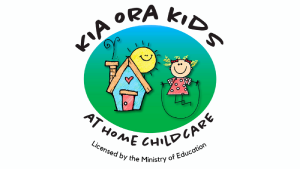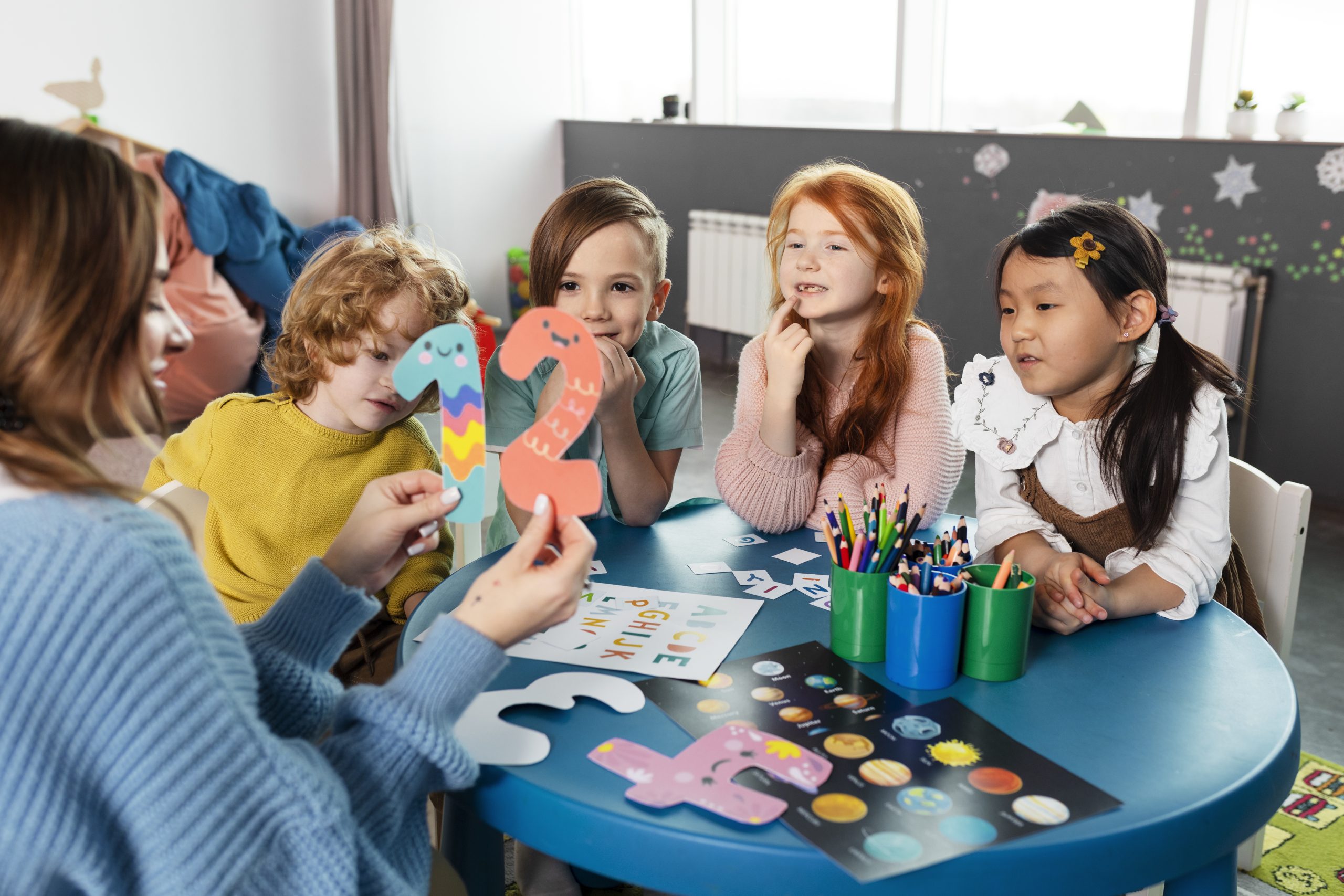If you’re considering a future in early childhood jobs in New Zealand, you’re stepping into a career that blends care, education, and culture. Early childhood education (ECE) is a thriving, meaningful sector in NZ, and the need for dedicated, qualified professionals continues to grow.
In this guide, we explore what early childhood jobs in NZ truly involve—from daily tasks and required qualifications to cultural expectations and common challenges. Whether you’re thinking of working in a childcare centre or becoming a home-based educator, this article gives you the full picture.
What Do Early Childhood Jobs Actually Involve?
At their core, early childhood jobs in New Zealand are about fostering the emotional, social, and cognitive development of young children. Educators, often called kaiako, play a crucial role in shaping children’s early learning experiences in both structured and informal settings.
Daily tasks in early childhood jobs include:
- Planning and delivering play-based learning activities
- Supporting children’s emotional and social development
- Observing and documenting learning through “learning stories”
- Ensuring safety, nutrition, and hygiene standards
- Building strong relationships with children and whānau (families)
All jobs follow the Te Whāriki curriculum, which emphasizes a holistic and child-led approach to learning (Ritchie, 2018).
What Qualifications Do Require?
To work in early childhood jobs in NZ, qualifications depend on the type of role and setting:
- A Level 4 Certificate is required for home-based educators
- A Bachelor of Teaching (ECE) is needed for registered teachers in licensed centres
Many employers prefer qualified staff, and the Ministry of Education is steadily moving toward a fully qualified early childhood workforce. Ongoing training is also a big part of most jobs, keeping educators up-to-date with best practices and cultural competencies (Garden, 1992).
Culture in Early Childhood Jobs: A Unique NZ Element
One of the most enriching parts of early childhood jobs in NZ is the incorporation of Māori and Pasifika culture. Educators are expected to integrate te reo Māori, tikanga Māori, and cultural values into everyday routines.
This might look like:
- Using Māori greetings and songs
- Leading karakia (prayers)
- Celebrating Matariki and other cultural festivals
- Embedding values like whanaungatanga (relationships) and manaakitanga (care) into practice
This cultural foundation makes early childhood jobs in New Zealand both unique and socially meaningful (Ritchie, 2015).
Challenges in Early Childhood Jobs
Despite their value, these jobs face several challenges:
Unequal Access
Funding inequalities between public and private centres create challenges in delivering equal-quality education for all children (Haggerty & Alcock, 2016).
Wage Disparities
While efforts are being made toward pay parity with school teachers, many early childhood educators still earn less, especially in private settings.
High Workload
Documentation, planning, and compliance requirements can add stress to daily duties, reducing time spent with children.
Nevertheless, most people in early childhood jobs report a deep sense of purpose and fulfillment in their work.
Home-Based Early Childhood Jobs: A Flexible Option
Not all early childhood jobs happen in centres. Home-based educators provide licensed care and learning for small groups of children in their own homes.
At Kia Ora Kids, home-based early childhood jobs offer:
- A family-like learning environment
- Flexibility in hours and working style
- Strong child-educator relationships
To qualify, you need to pass police vetting, provide a safe home environment, and complete (or be willing to complete) a Level 4 ECE qualification. Kia Ora Kids offers free training, resources, and mentoring—making it easier to start your home-based early childhood job journey.
Is It the Right Career for You?
These jobs are ideal for people who:
- Love working with young children
- Are empathetic, energetic, and creative
- Enjoy culturally rich and relationship-focused environments
- Are committed to ongoing learning and collaboration
Whether you’re in a centre or at home, you’ll help shape how children see themselves and the world around them.
Final Thoughts
Early childhood jobs in New Zealand are as rewarding as they are important. From delivering play-based learning to honouring Māori and Pasifika values, these roles empower educators to make a lasting impact on children, families, and communities. If you’re seeking a career with purpose, flexibility, and heart—early childhood jobs might be your perfect fit.
References:
- Garden, C. (1992). Early Childhood Care and Education Reforms in New Zealand.
- Haggerty, M., & Alcock, S. (2016). The changing roles of early childhood care and education in Aotearoa New Zealand: A shifting policy landscape. Global Studies of Childhood, 6, 136 – 146.
- Ritchie, J. (2015). Food Reciprocity and Sustainability in Early Childhood Care and Education in Aotearoa New Zealand. Australian Journal of Environmental Education, 31, 74 – 85.
- Ritchie, J., & Veisson, M. (2018). Early childhood education professionals in New Zealand kindergartens. Early Childhood Education and Change in Diverse Cultural Contexts.

